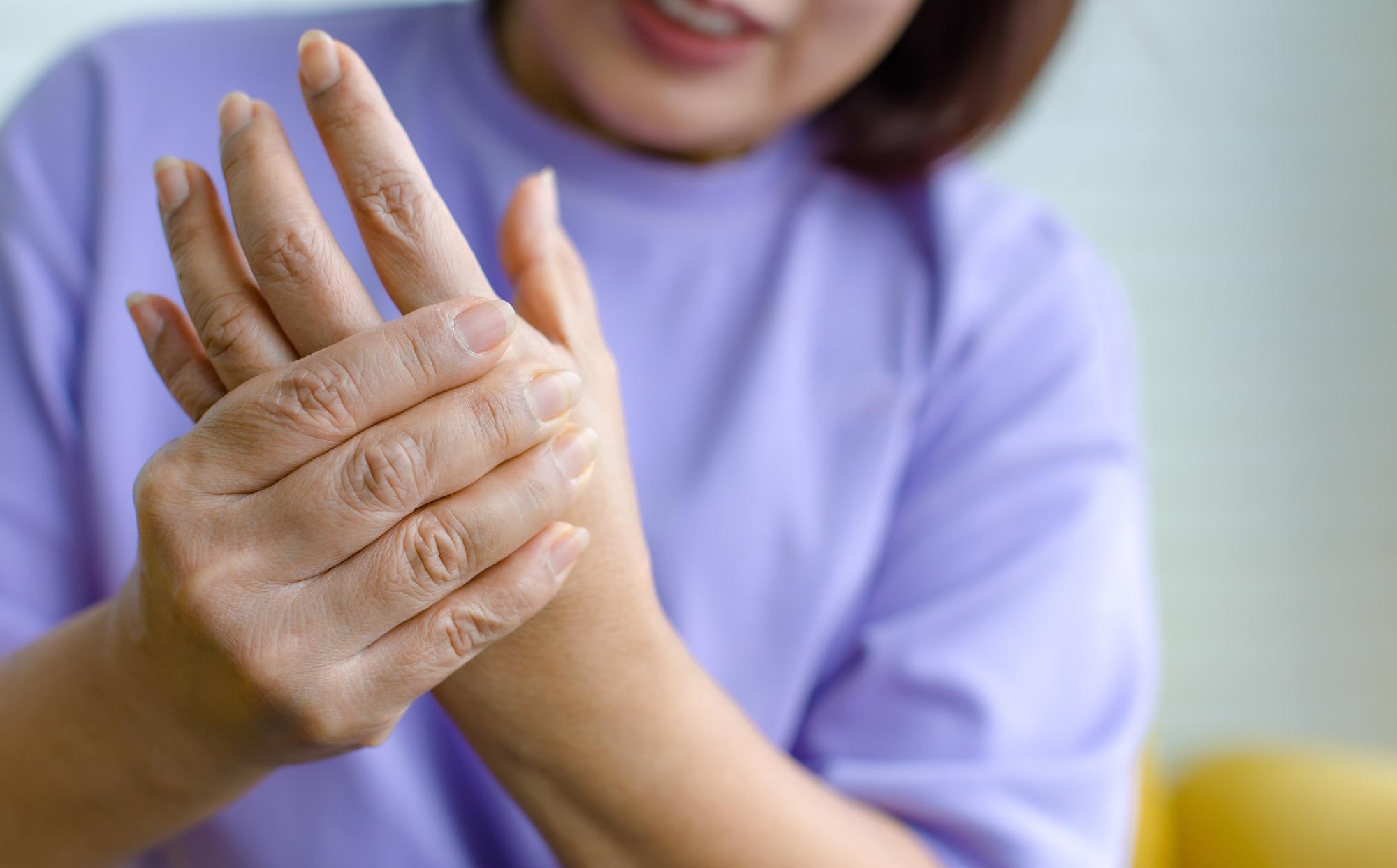Severe acute respiratory syndrome coronavirus 2 (SARS‑CoV‑2), the causative agent of coronavirus disease 2019 (COVID-19), first emerged in Wuhan, China, in late December 2019, before spreading to the rest of the world.
Since the very beginning of the pandemic, there has been concern about the emergence of Guillain-Barré syndrome, a rare disorder where the body's immune system damages nerves. In some cases, nerve damage causes muscle weakness and paralysis. The cause of the syndrome is unknown, but it often occurs after infection with a virus or bacteria.
In this regard, a researcher from Complejo Hospitalario de Salamanca, Spain, has investigated connections between severe acute respiratory syndrome coronavirus 2 (SARS-CoV-2), vaccination, and Guillain-Barre syndrome. Their work is currently available on the Research Square* preprint server while awaiting peer review.
Guillain-Barre syndrome affects the feet, hands, and limbs, causing a wide variety of symptoms. While it can be treated and most individuals make a full recovery, it is nonetheless serious and can cause severe long-term harm and even death. The symptoms tend to begin with numbness, pins and needles, weakness, pain, and difficulties with balance, often starting in the extremities before moving to the rest of the limb. It is likely related to autoimmune issues targeting nerves – and as SARS-CoV-2 is known to affect the proportions of autoantibodies, there is significant reason to investigate any connection.
 Study: Guillain-Barré syndrome and SARS-COV2 coronavirus. Vaccinate or get infected with COVID? What poses less risk? Image Credit: Bangkok Click Studio / Shutterstock
Study: Guillain-Barré syndrome and SARS-COV2 coronavirus. Vaccinate or get infected with COVID? What poses less risk? Image Credit: Bangkok Click Studio / Shutterstock

 *Important notice: Research Square publishes preliminary scientific reports that are not peer-reviewed and, therefore, should not be regarded as conclusive, guide clinical practice/health-related behavior, or treated as established information.
*Important notice: Research Square publishes preliminary scientific reports that are not peer-reviewed and, therefore, should not be regarded as conclusive, guide clinical practice/health-related behavior, or treated as established information.
The Study
The researcher, María Dolores Calabria Gallego, carried out a bibliographic review investigating Guillain-Barre disease and COVID-19. Four hundred five initial results were rapidly sorted, and any papers that were not written in English or Spanish or did not deal with humans were excluded. Two hundred eighteen scientific papers entered the final analysis, 6 of which were meta-analyses, 63 reviews, and 24 systematic reviews. A significant number of these were case reports that presumed Guillain-Barre syndrome secondary to SARS-CoV-2 infection, as well as Miller-Fisher syndrome variant. Unfortunately, given the high incidence of cases of both diseases it is impossible to establish any evidence of a causal relationship from this data at this time.
It can also be difficult to properly differentiate between the neuropathy of the critically ill patients with severe pneumonia and Guillain-Barre syndrome given the similarities in symptoms and because not all cases show symptoms that can be used to differentiate between the two diseases – classically albumin-cytological dissociation in cerebrospinal fluid and a latency period of ~3 weeks between infection and the appearance of neurological symptoms.
Most reviews identified a strong association between the pathologies, emphasizing differences in presentation as Guillain-Barre syndrome associated with COVID-19. Generally, when associated with COVID-19, the disease presents with greater severity. An Italian study has also shown evidence for linkage between the two diseases, with increases in the incidence of Guillain-Barre syndrome occurring as the pandemic spread. Unfortunately, other research disagrees, showing no significant association, and no significant differences in cases diagnosed during the pandemic. The contradictory author actually finds a decrease in incidence during the pandemic – which could be explained by lockdown measures reducing the spread of diseases that can induce Guillain-Barre syndrome.
One case found that COVID-19 antibodies could be detected in cerebrospinal fluid – but this was not the general consensus. The peptides that make up the immunoreactive epitopes of SARS-CoV-2 were shown to share the same sequences as heat shock proteins 90 and 60 – both associated with Guillain-Barre syndrome – but anti-ganglioside antibodies are only rarely detected in cases of Guillain-Barre syndrome associated with COVID-19.
Unfortunately, there is very little quality information on the impact of vaccination on Guillain-Barre syndrome associated with COVID-19. In one study evaluating a population with roughly 80% vaccination using the ChAdOx1-S/nCov-19 vaccine over 4 weeks, seven cases of Guillain-Barre syndrome were observed – 1.4 to 10 times higher than expected. The symptoms of the syndrome were also significantly more severe, and many individuals presented with facial diplegia, often associated with post-vaccination Guillain Barre syndrome.
The Food and Drug Administration (FDA) has judged that the Johnson & Johnson vaccine confers an increased risk of Guillain-Barre syndrome – a controversial decision given the high population of vaccinated individuals and the relatively low case number – 100 verified cases per 12.5 million doses.
Conclusion
The author highlights that while there are many published works discussing the potential relationship between Guillain-Barre syndrome and COVID-19, there is relatively little evidence of a causal relationship. While other respiratory viruses are known to trigger an appearance of the syndrome, more in-depth epidemiological studies suggest that this does not remain true for SARS-CoV-2. While further research is required to make an absolute conclusion, it seems reasonable to assume that the strength of the current connection is overstated and overrepresented in literature.

 *Important notice: Research Square publishes preliminary scientific reports that are not peer-reviewed and, therefore, should not be regarded as conclusive, guide clinical practice/health-related behavior, or treated as established information.
*Important notice: Research Square publishes preliminary scientific reports that are not peer-reviewed and, therefore, should not be regarded as conclusive, guide clinical practice/health-related behavior, or treated as established information.